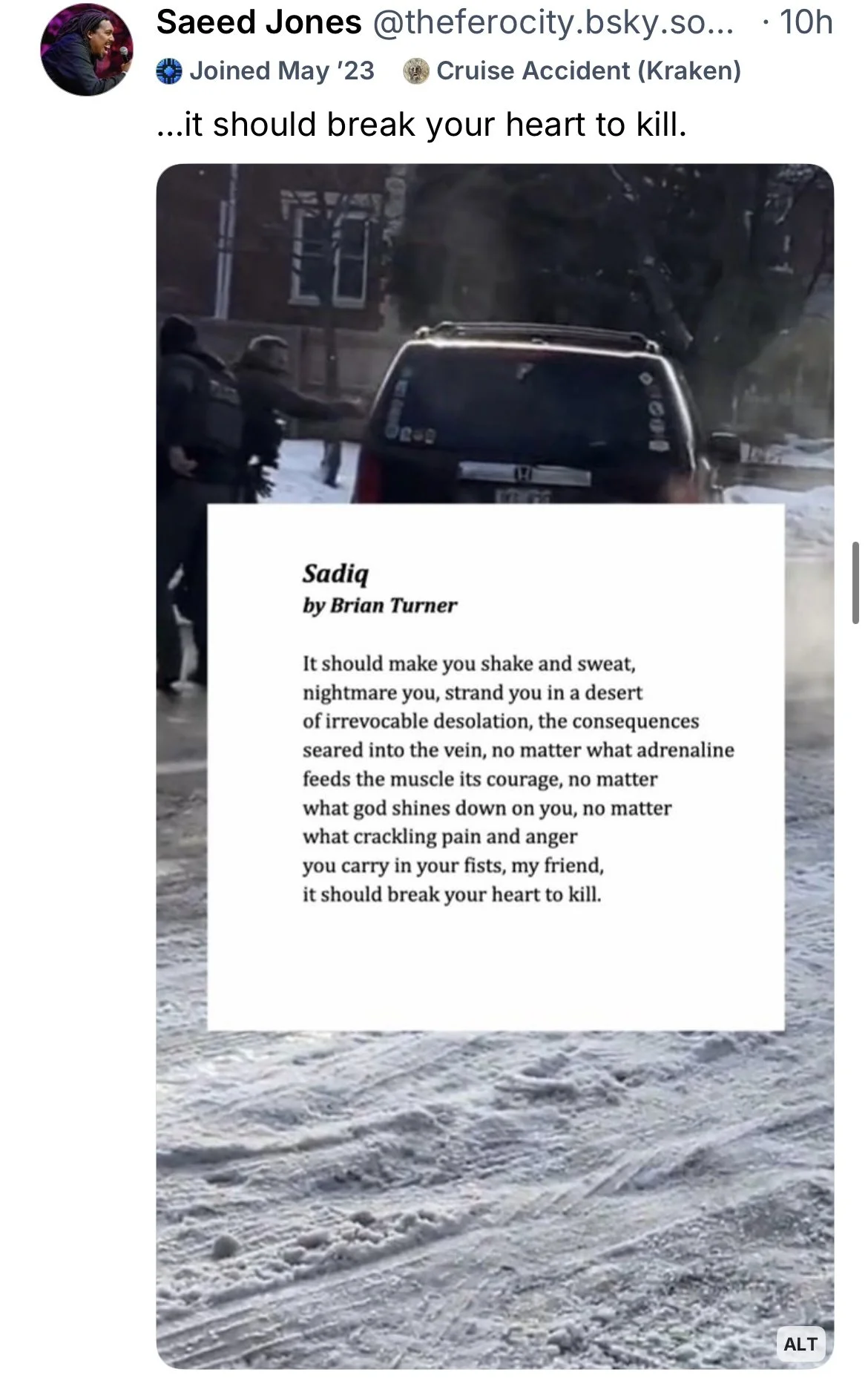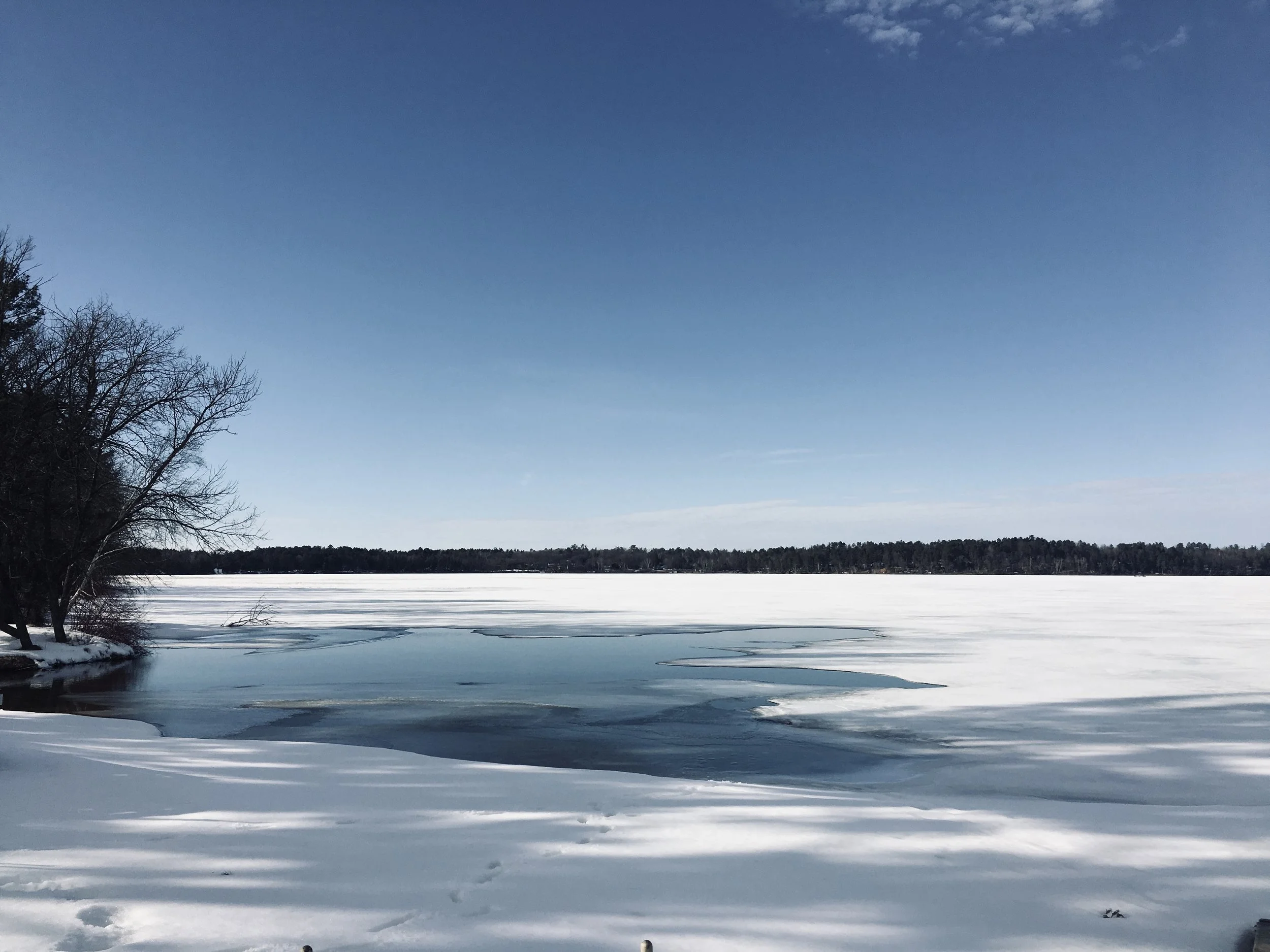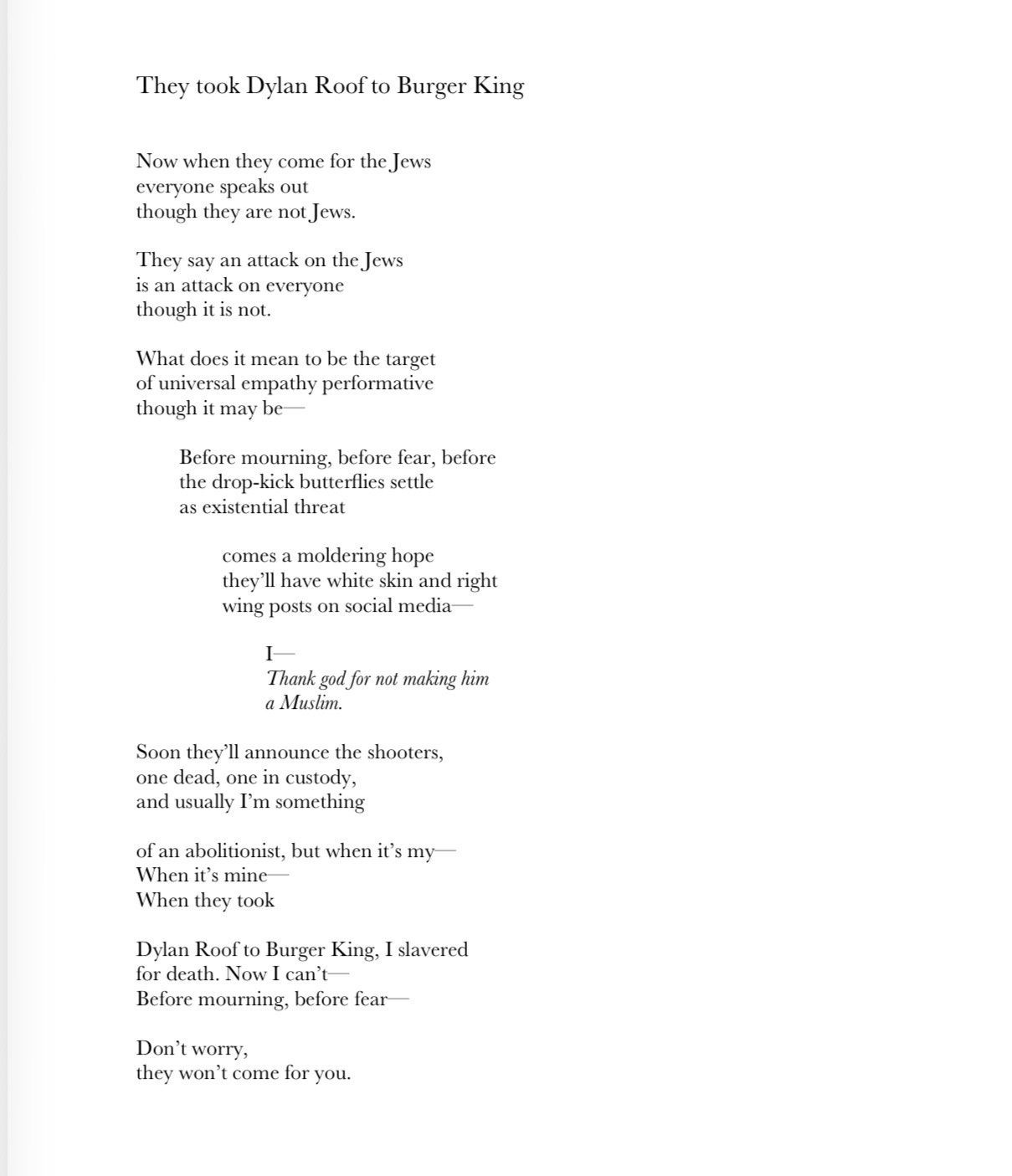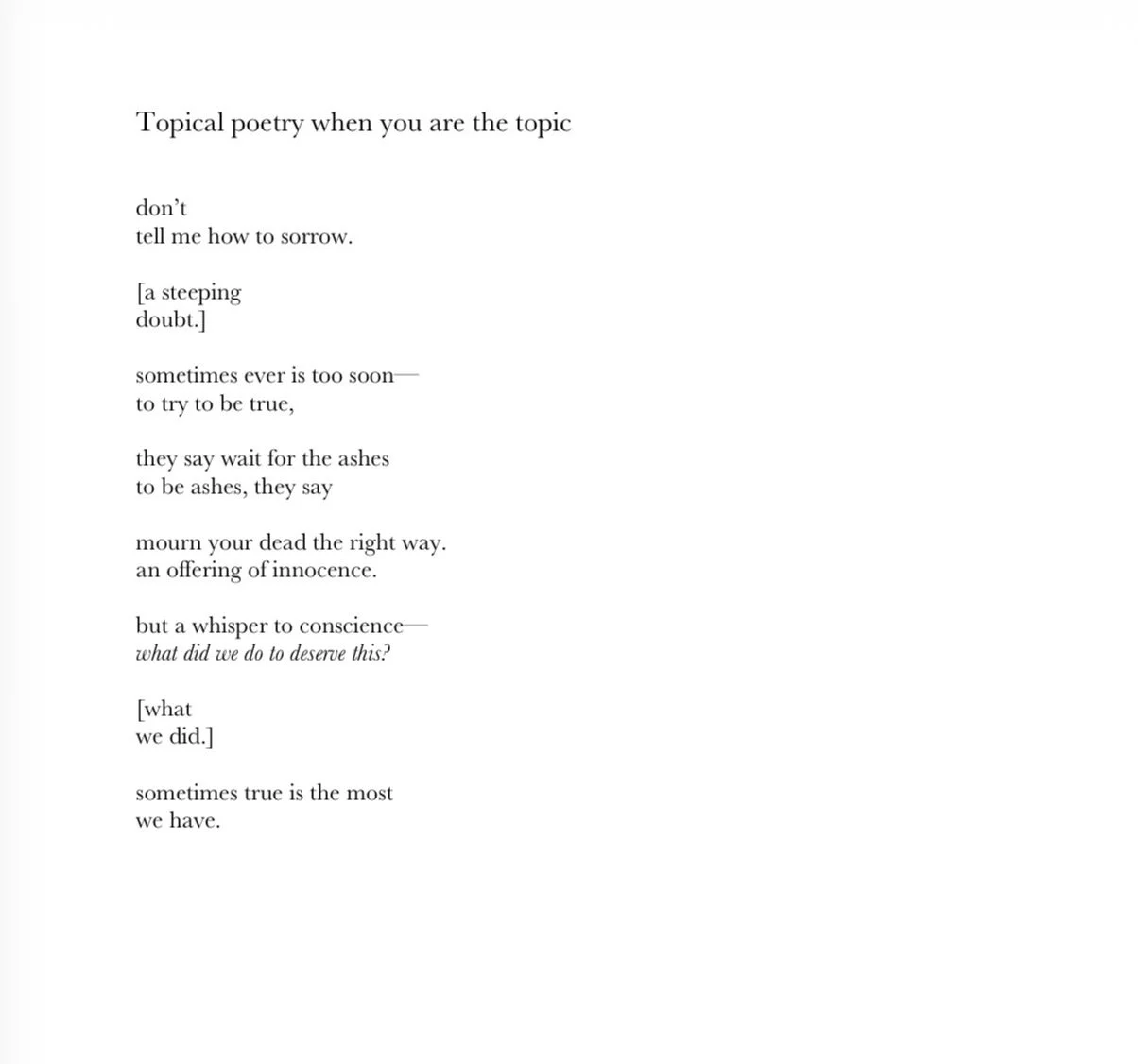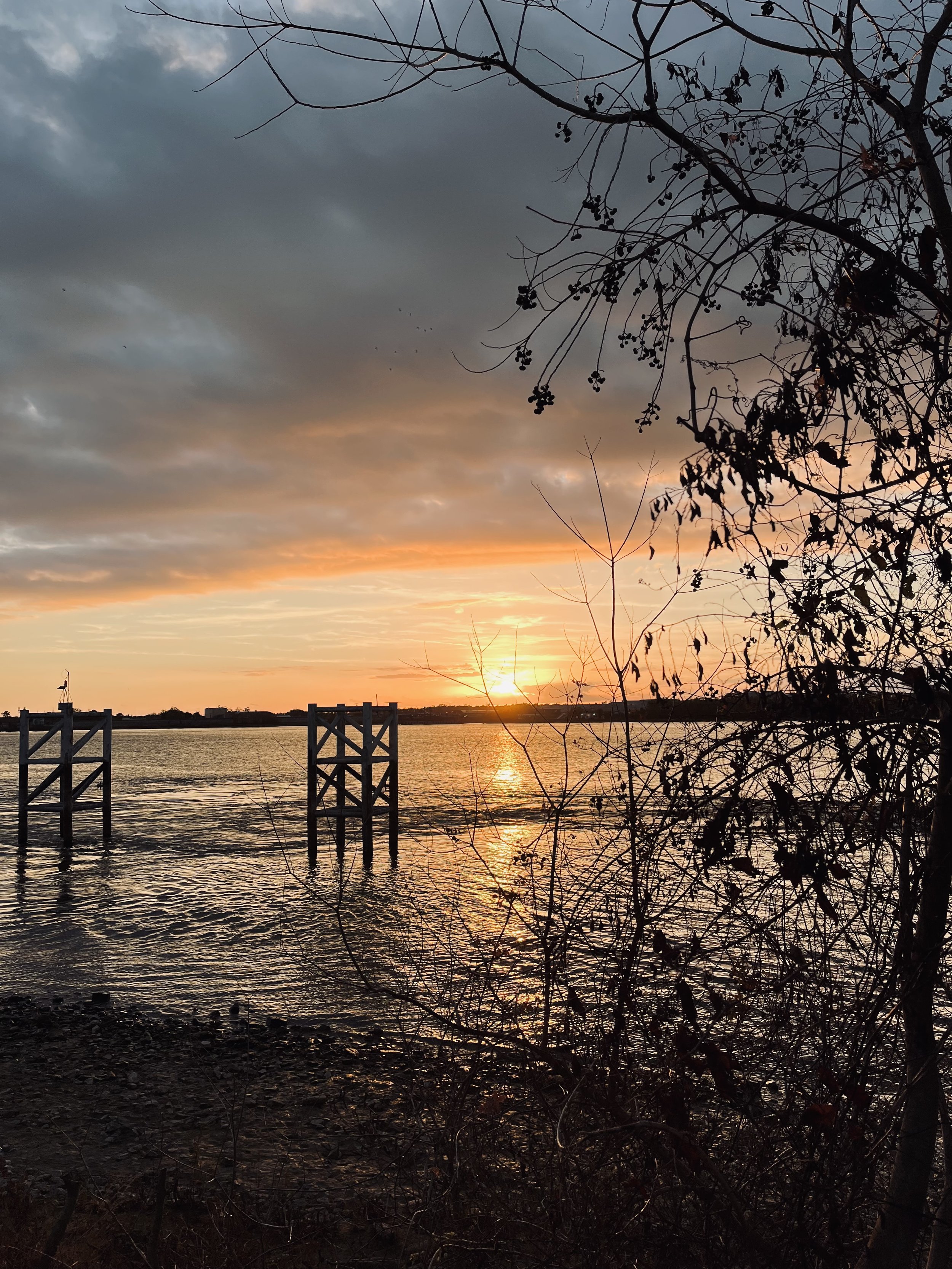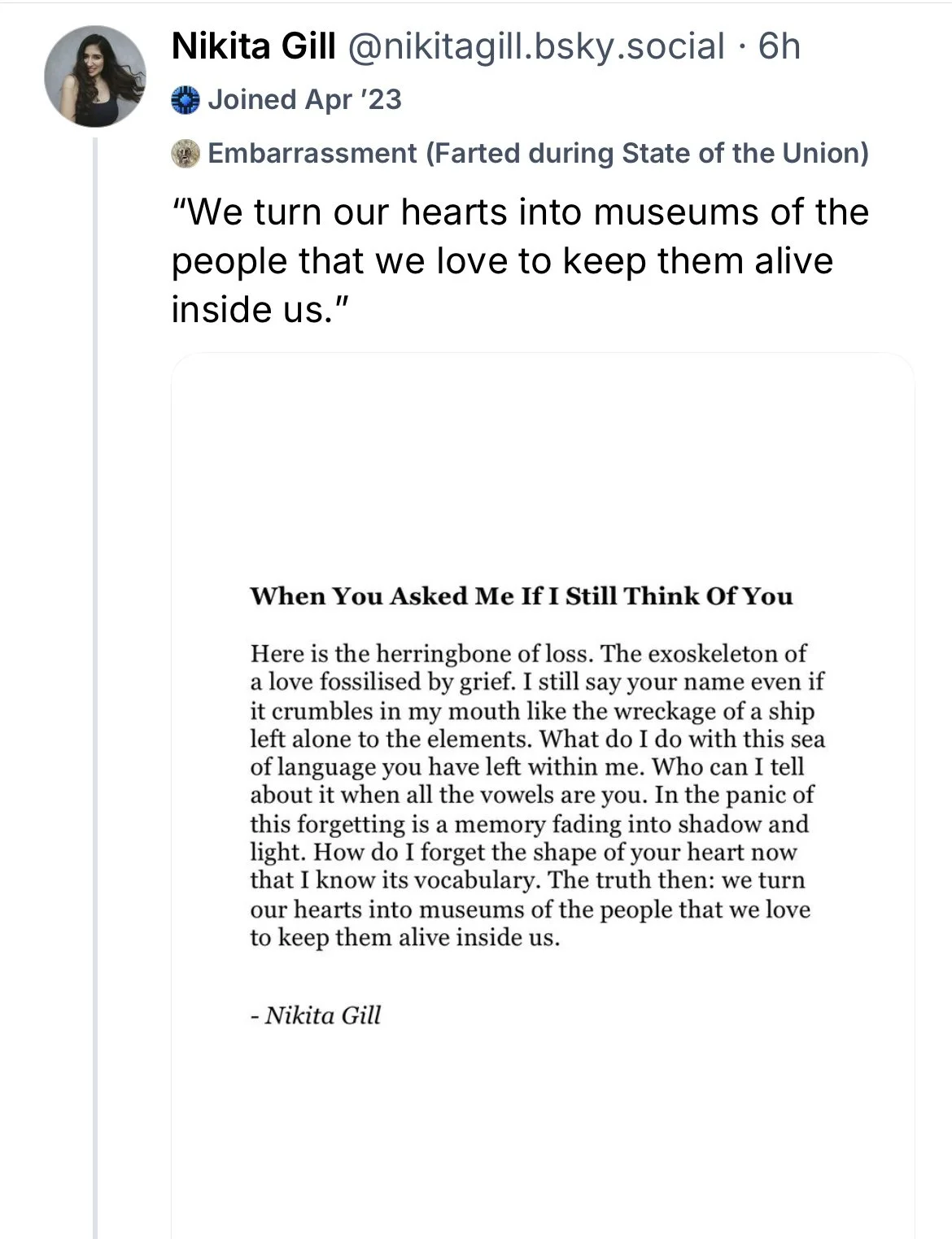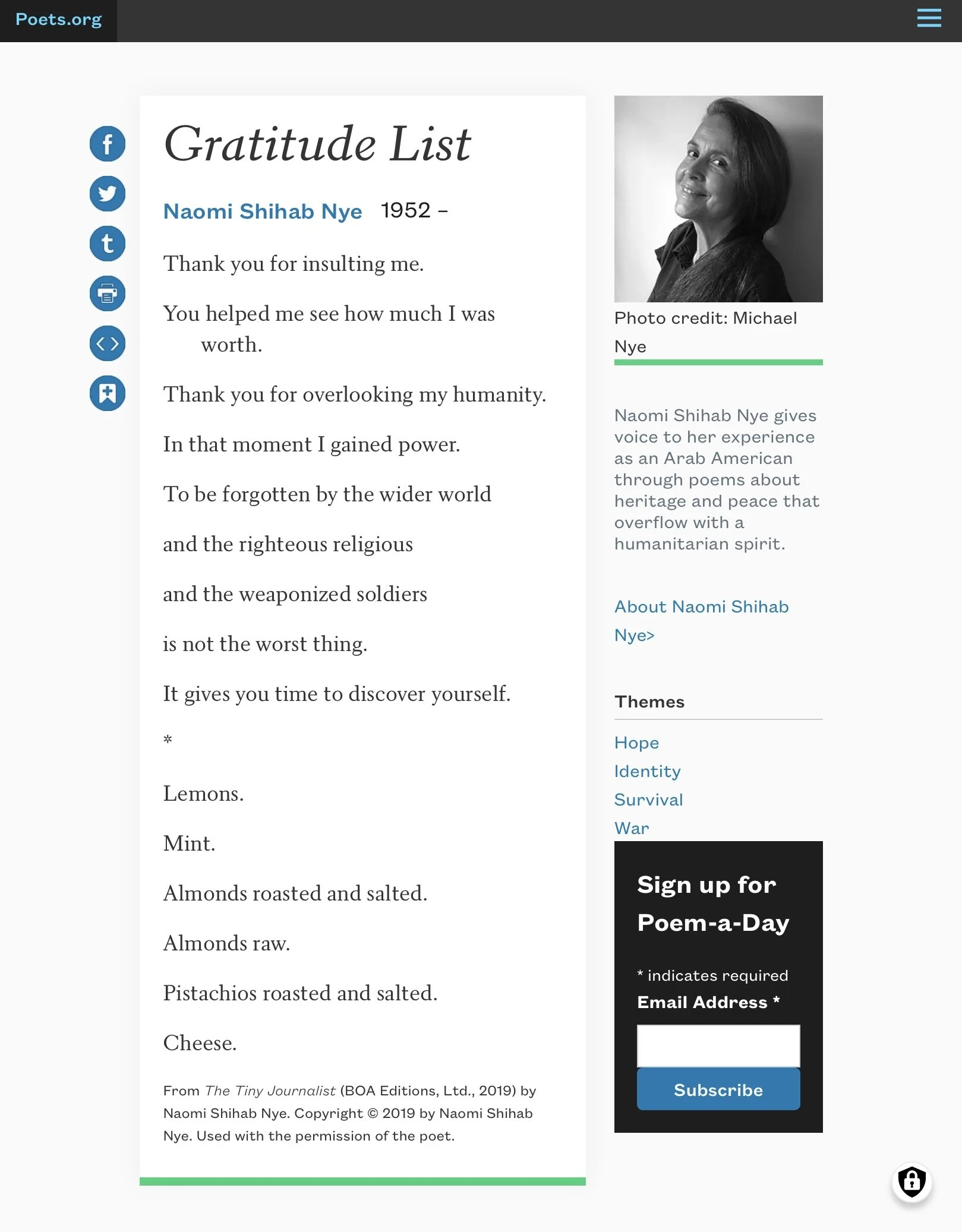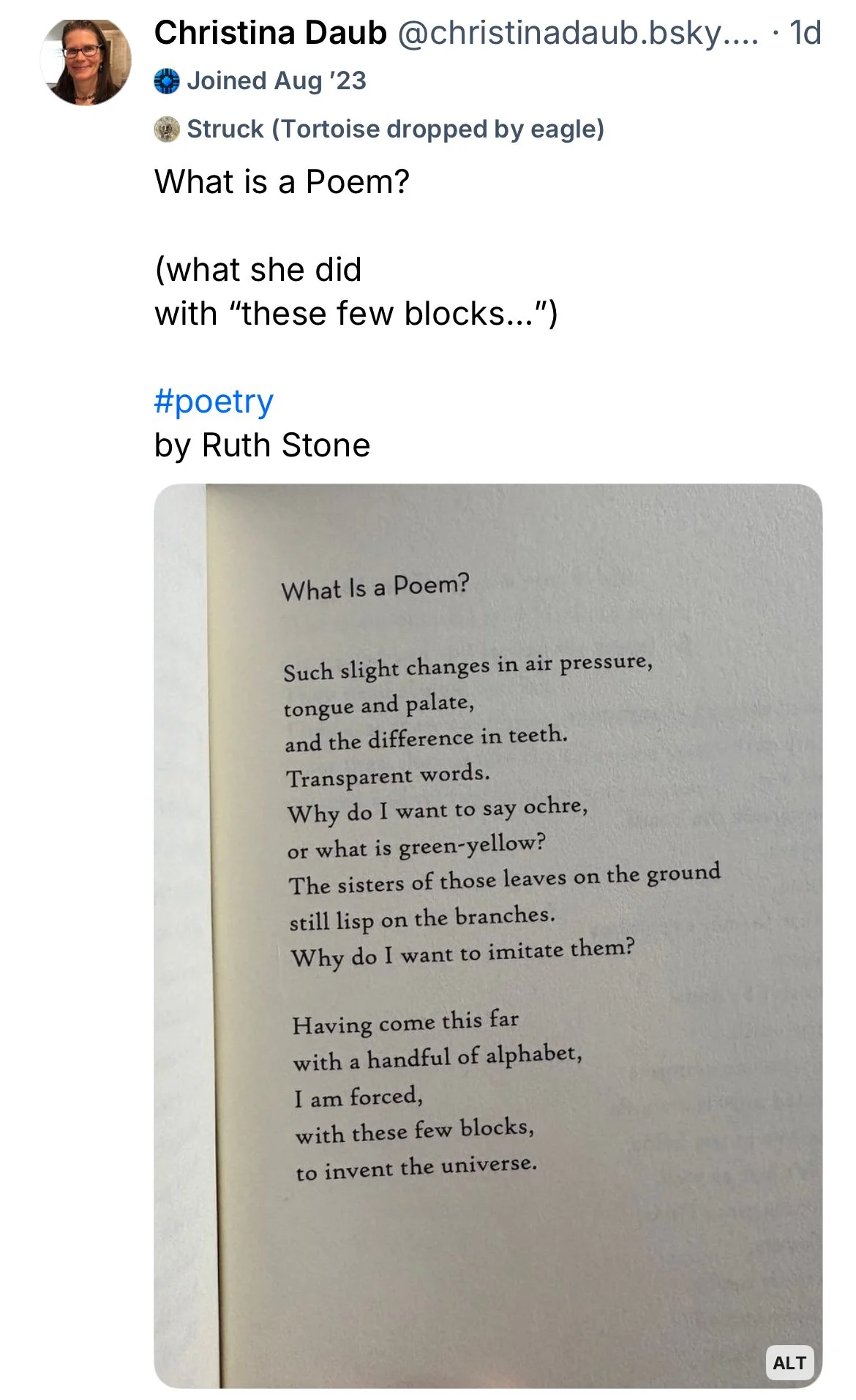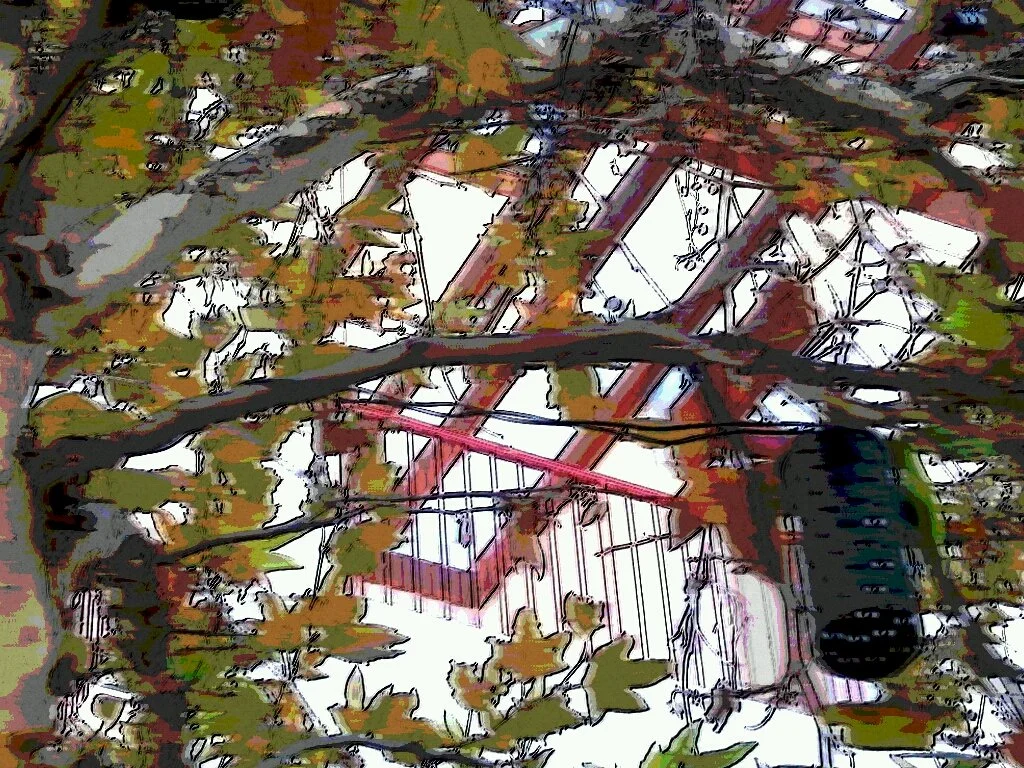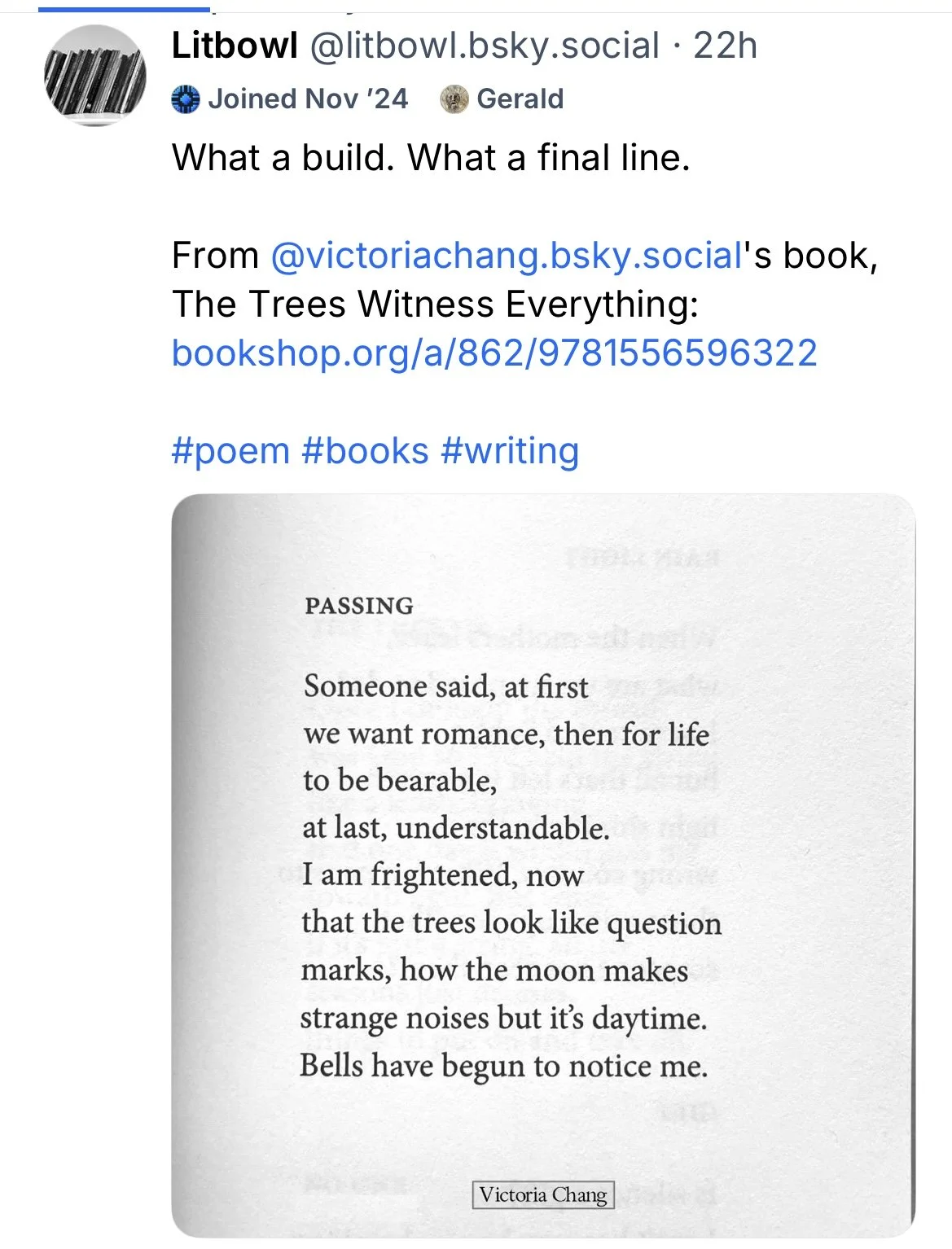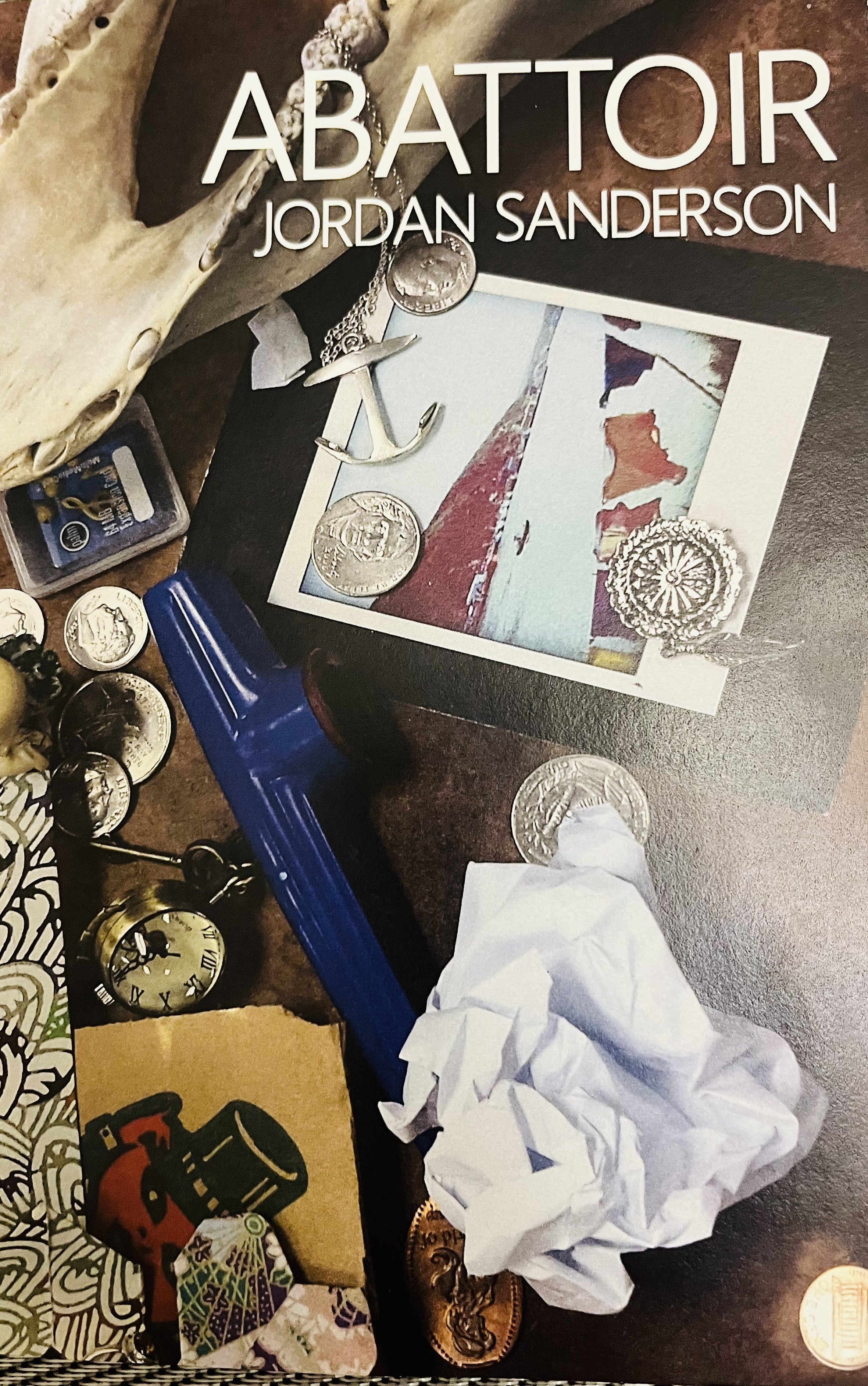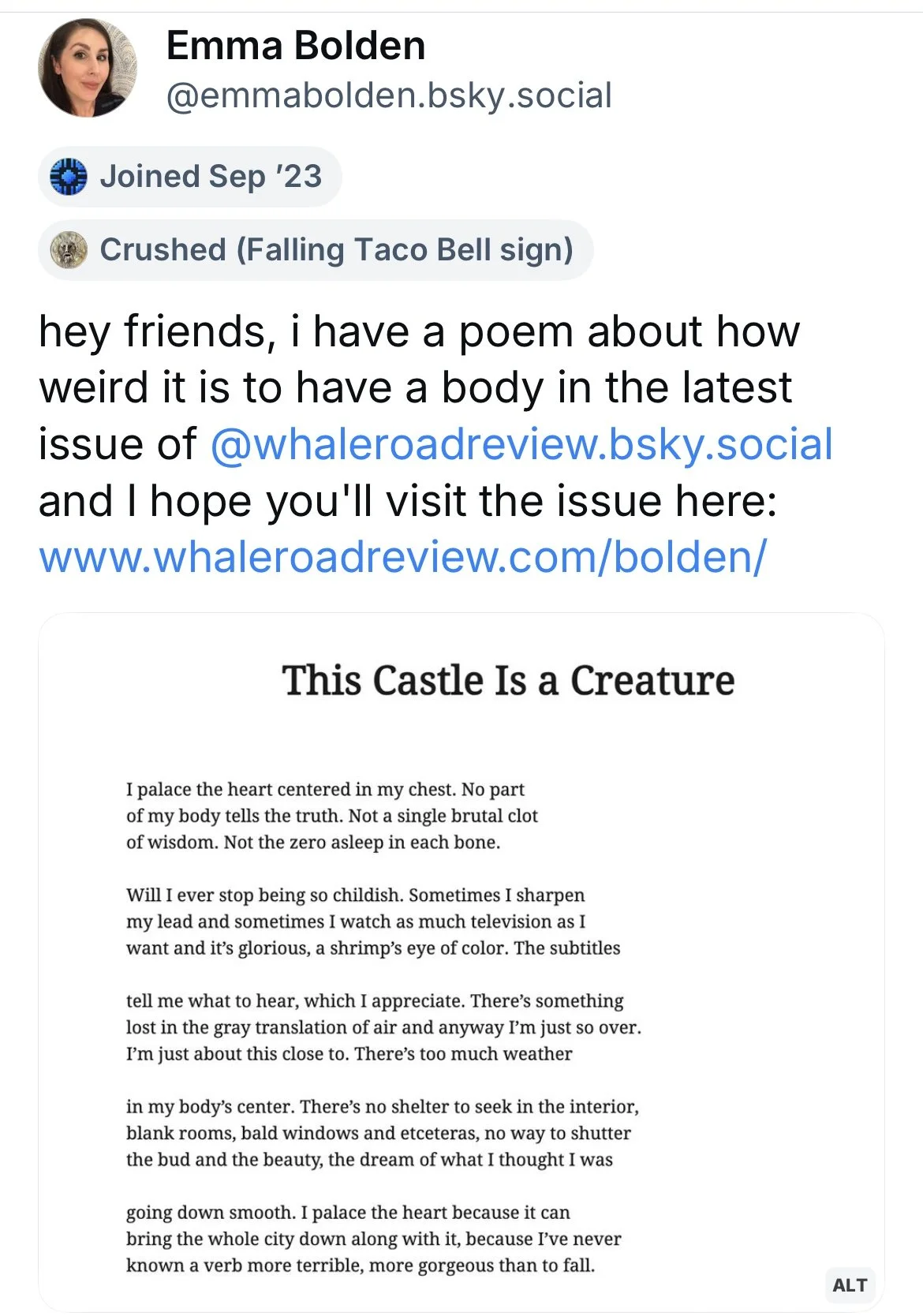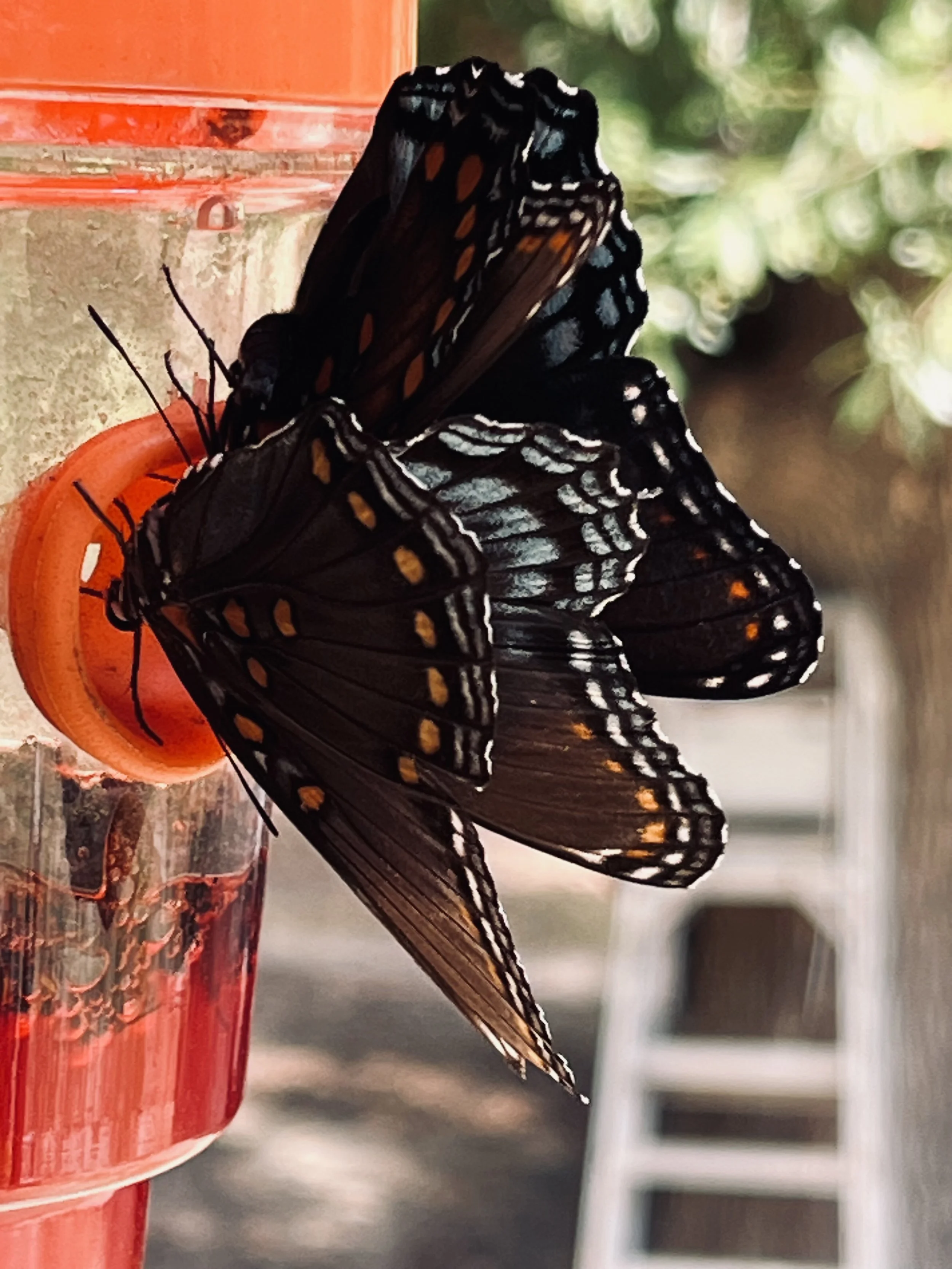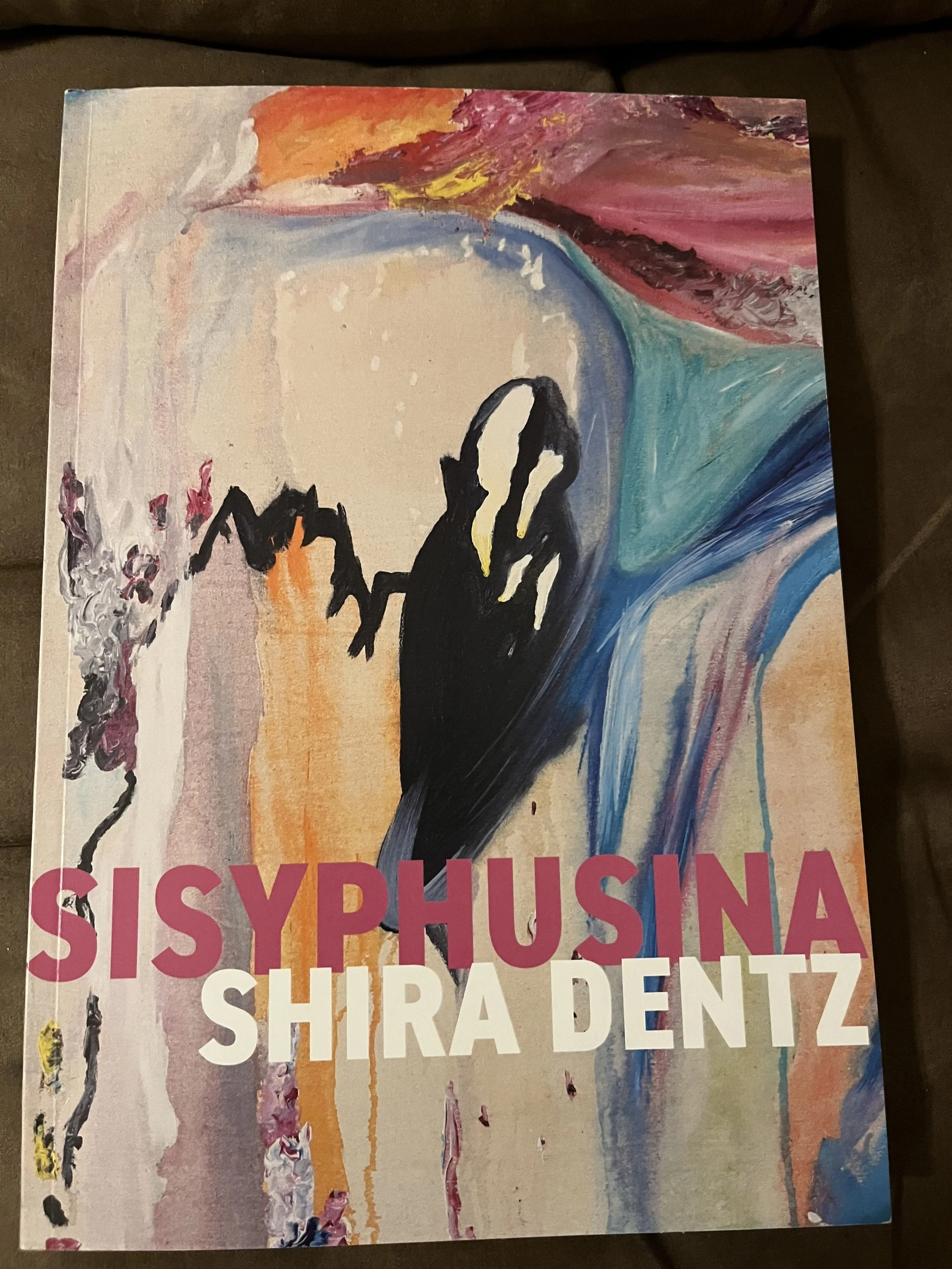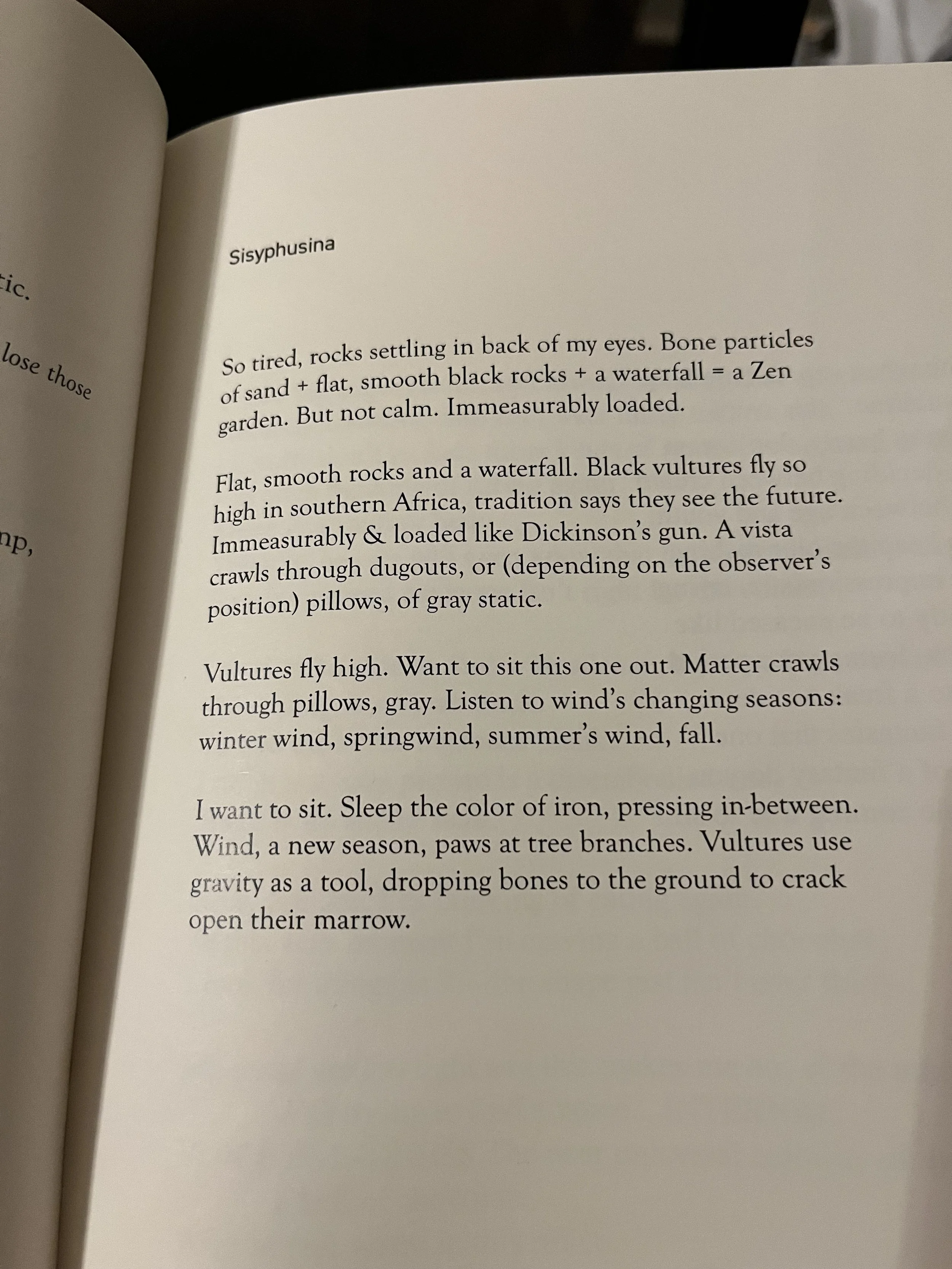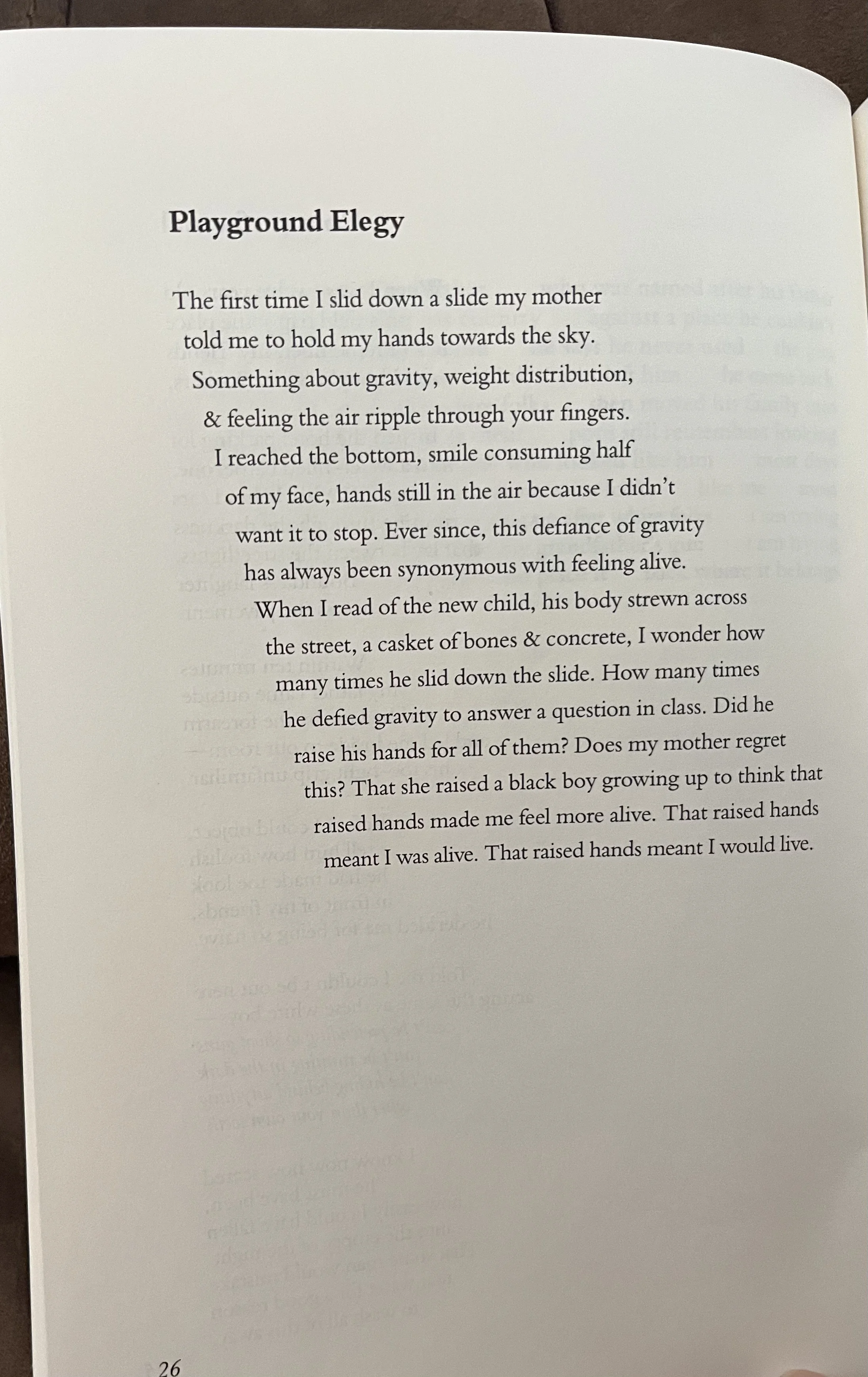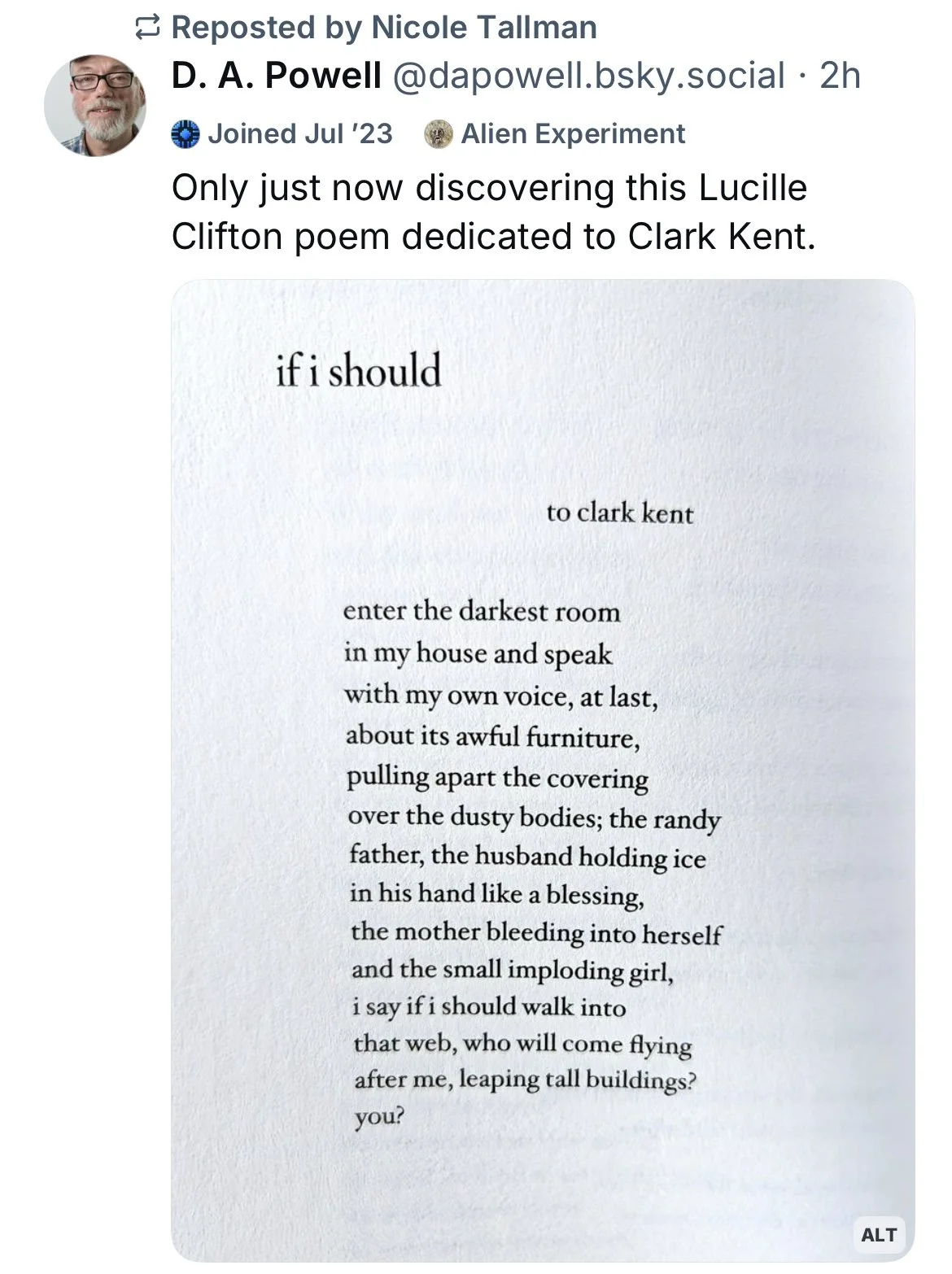Many years ago I was able to meet Brian Turner at a conference. I had just read his Here, Bullet and was telling a vendor how much I loved it when he walked up. He was so kind to me. I want to share his poem because it tells the deepest truth, and the photo it is paired with should break our heart.
For the first prompt, write a one-sentence poem that builds up to a devastating statement. (Yes, I know, I am giving you a Follow that! here)
The second prompt is to the line “you carry in your fists, my friend” for a ghostline. After you’ve finished the poem or story, erase the line and credit the poet.
For the third, write an epistolary poem offering advice with the direct address near the end.
The next is to write a poem or story using the following list of words: “shake,” “desert,” “irrevocable,” “seared,” “adrenaline,” “muscle,” “crackling,” “down,” “fists” and “break.”
Bonus prompt: write about ice breaking and thawing into spring or whatever this photo from northern Minnesota inspires.
Good luck writing.

